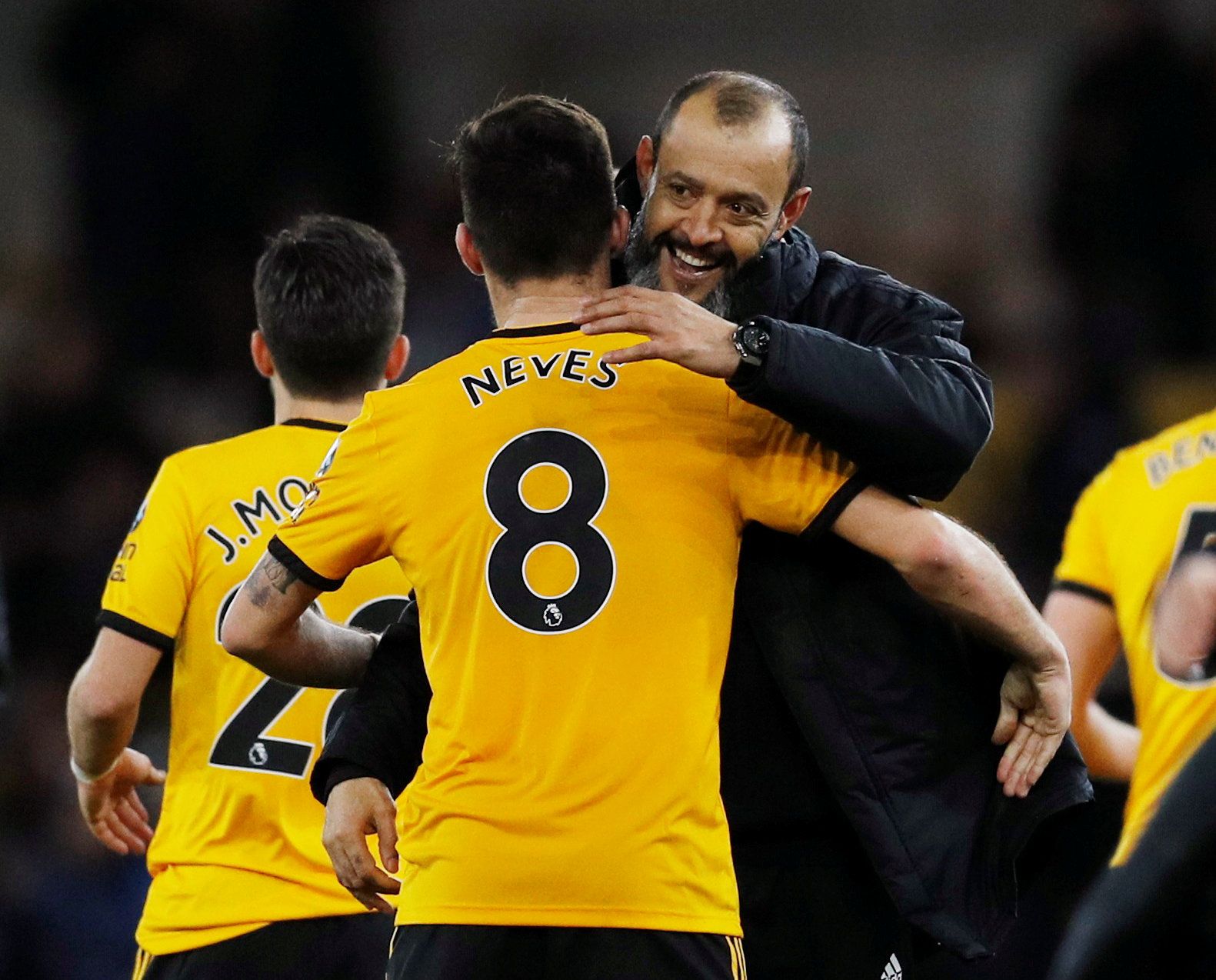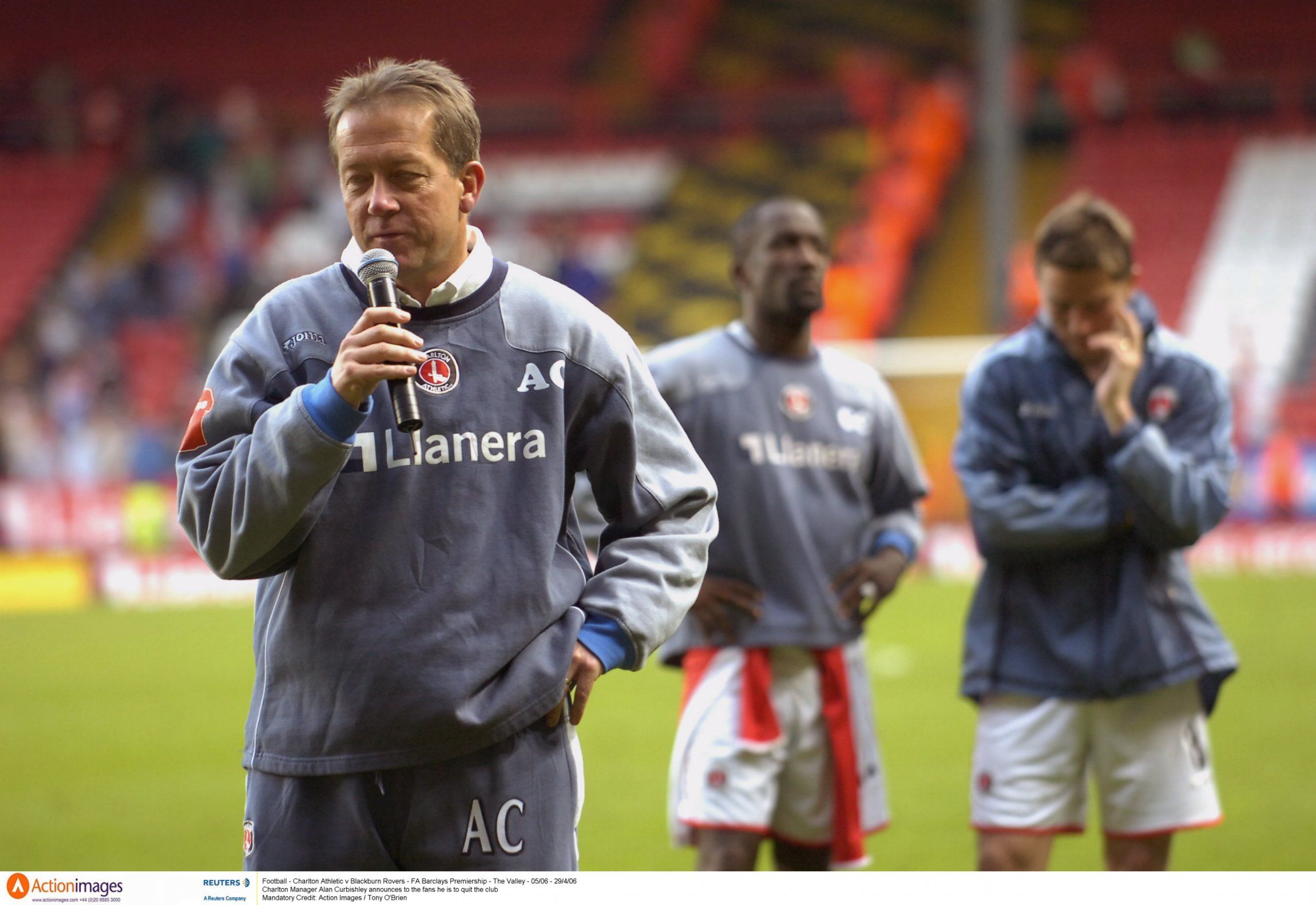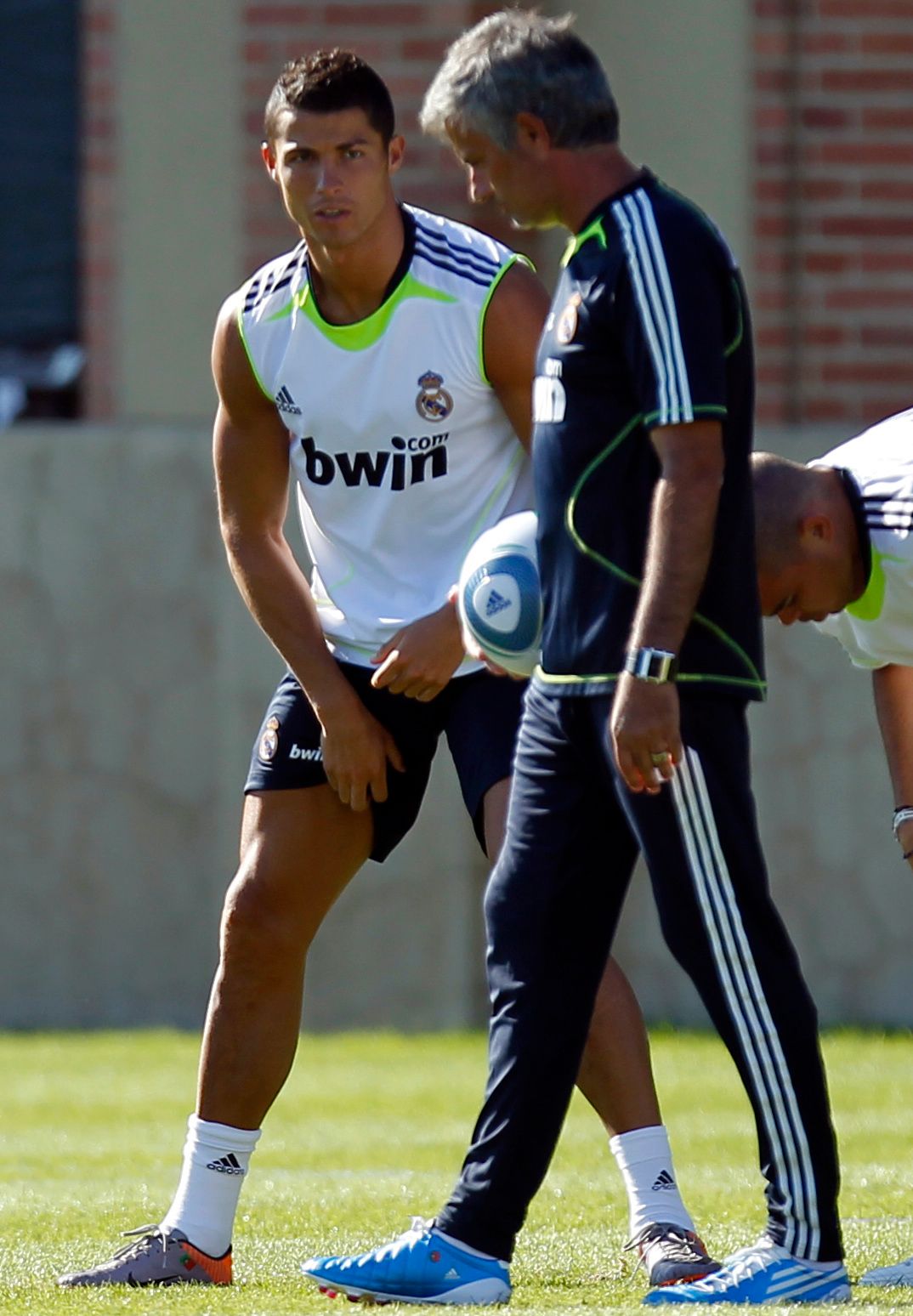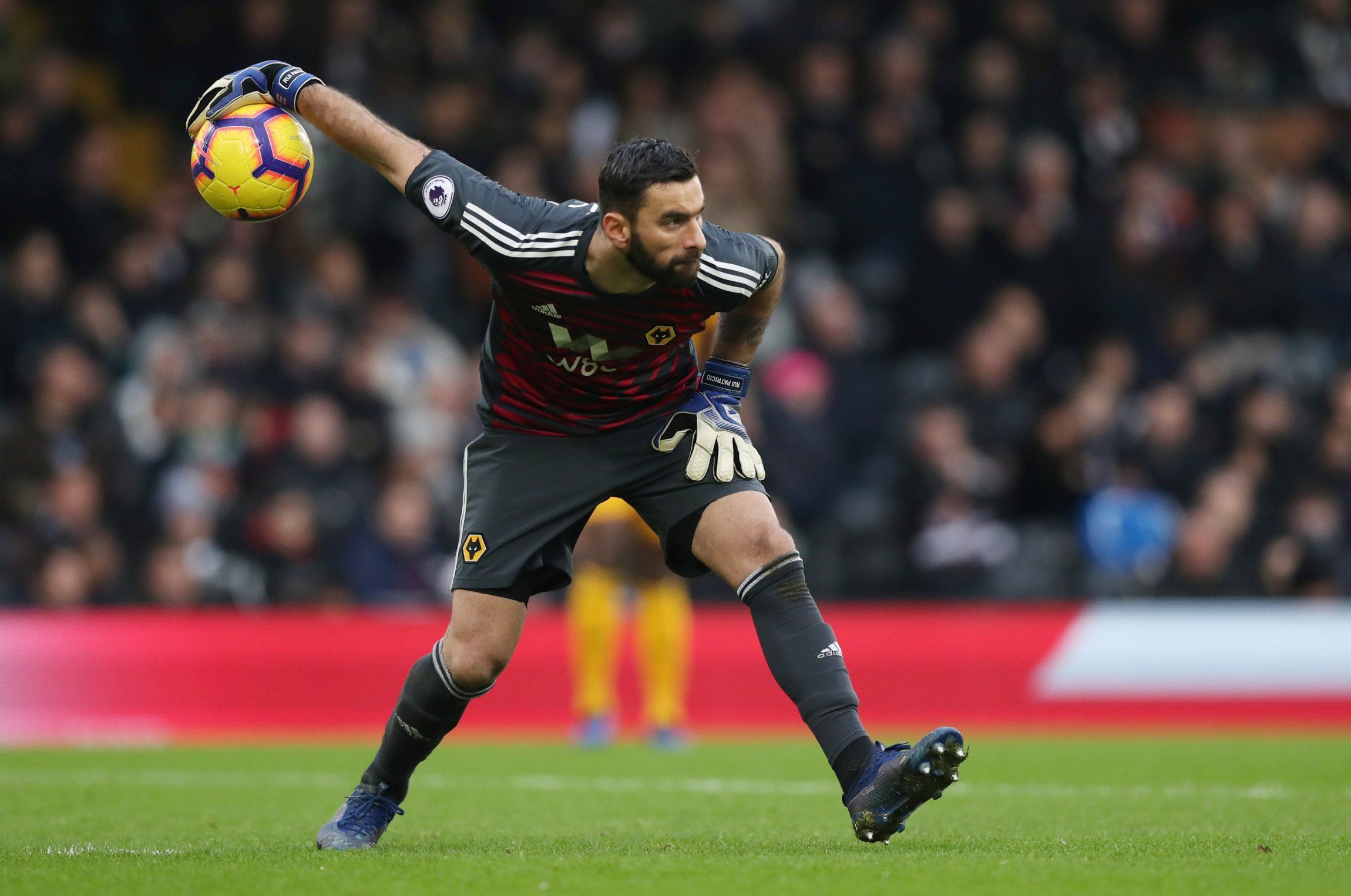[ad_pod ]
For most of the 2000s Charlton Athletic were the paragon of incremental improvement. They kept within their means and established themselves as a Premier League outfit for a significant period through sensible recruitment and by keeping faith in a very good manager.
For a club not blessed with substantial resources it was an approach that worked and so naturally it was widely copied – or at least aspired to – by all manner of others who sought passage to the promised land and then found themselves there. It’s a model even replicated today with Huddersfield Town being a prime example. Should the Terriers go down this season it’s entirely unlikely they will sack David Wagner and nor will they shatter their wage structure in a panicked bid to return.
They are, like the Addicks before them, deserving of the accolade given only to the pragmatic. They are a well run club.
At some point though everything changed. Greed; baseless ambition; desperation; and impatience became the driving forces in boardrooms across the land and it is hard not to attribute this to the swift and dramatic proliferation of foreign ownership enticed over by the vast fortunes now afforded at the highest echelons.
Previously sacrosanct tenets were abandoned – badges, the colour of shirts, and very nearly in the case of Hull their identity purely in the name of branding - and in extreme instances clubs became playthings with lofty positions filled by relatives.
At lower league clubs the world would be promised and investment initially pumped in. Perhaps a big-name manager would be lured to the dug-out. Only then inevitably reality would hit, followed on occasion by destitution. At Manchester United, arguably the biggest club in the UK, the Glazers took control by taking out loans secured against the club’s assets.
We recoiled against all of this. We questioned what the ‘fit and proper person test’ was there for if not to stop these rich chancers playing roulette with cherished institutions. We declared modern football to be morally and ethically bankrupt.
Or rather, we recoiled for a while because here’s the depressing truth: our ire as a collective is limited and as ungoverned – and often irresponsible – ownership became more commonplace soon our perspective shifted. There are still sensibly steered clubs and they will always be praised for being ‘well run’. Yet now, so low are our ethical standards after what we’ve seen football reduced to, that so long as a club doesn’t go bust we’re kind of okay with that. And if they succeed – regardless of how – they too are considered a ‘well run club’.
Wolves are that in microcosm. In 2016 Fosun, a Chinese investment group, took over the West Midlands club from the increasingly unpopular Steve Morgan and initially adhered to every negative trope of an oversees proprietor. They sacked managers – three in that first season – and brought in players seemingly unsuitable to the ferocious demands of the English Championship. So far, so sadly predictable.
Then it came to light that super-agent Jorges Mendes – manager to Jose Mourinho and Cristiano Ronaldo – was involved in the project and when a number of his players joined Wolves in the summer of 2017 mild external concern became widespread condemnation.
For full clarification let’s break down this relationship into three key points without judgement.
It is illegal for an agent to have any direct influence in the transfer dealings of a club. Wolves however insist that Mendes – once described as ‘the most powerful man in football’ – merely operates in an advisory role. A consultant. For the record it should be stated that the EFL have thoroughly looked into the matter and found no wrongdoing.
Yet suspicions regarding a conflict of interest persist and that is largely because Guo Guangchang – chairman of Fosun and Wolves’ owner – is not only a personal friend of Mendes but has a stake in Start, the holding company of Mendes’ agency GestiFute.
Check out Neymar's controversial new haircut for 2019 and Xherdan Shaqiri as you've never seen him before in the video below...
Since Mendes’ involvement with Wolves they have signed elite players who you suspect would not ordinarily consider a stint in the Black Country to be their preferred career move. The highly rated Ruben Neves joined – opting for the Championship over Champions League – along with Diogo Jota from Atletico Madrid. Both players are represented by Mendes. Later Rui Patricio arrived, bringing his 77 Portugal caps with him. It is estimated that Mendes pocketed over £6m from the transfer.
Cue meltdown. Scorn. Apocalyptic articles. Because this was different to the norm. This was an experiment and we had seen before that experimental modus operandi could have a devastating effect on a football club.
Such denunciation didn’t last for very long of course and that’s primarily because Wolves stormed to the top of the table and stayed there throughout, eventually ending the campaign with an exceedingly impressive 99 points. The new incumbent in the hot-seat Nuno Espirito Santo – himself a client of Mendes’ and indeed his first ever one, joining forces when Mendes was a nightclub owner in 1996 – proved himself to be a superb and tactically astute coach. Neves unsurprisingly bedazzled. It is difficult to find fault or even bring up ethics when we’re talking about a results based business and the results are racking up Ws.
Presently the Molineux faithful are in dreamland, watching sublime football from a team set up to entertain whenever possible. Try telling them that the model is a cause for worry.
So as stated earlier the definition of a well run club now is one that succeeds and how it does so is purely incidental. And if that sounds disparaging it’s really not meant to be because it is hoped that Wolves continue to shine, continue to flourish.
It’s just that the words of Leeds United’s owner Andrea Radrizzani back in March stick in the craw because surely we can all agree that the betterment of football resides in agents having less power and less influence, not more. Aggrieved at his rivals' superior season the Italian relayed to BBC Sport: "I want to understand the rules so I can act like them. If it's possible I would do the same as it's been proven to be successful for the team”.
Success is always copied, and it seems the Wolves model might now replace the sensible, managed strategies of Charlton that have long been aped. God help us all.




